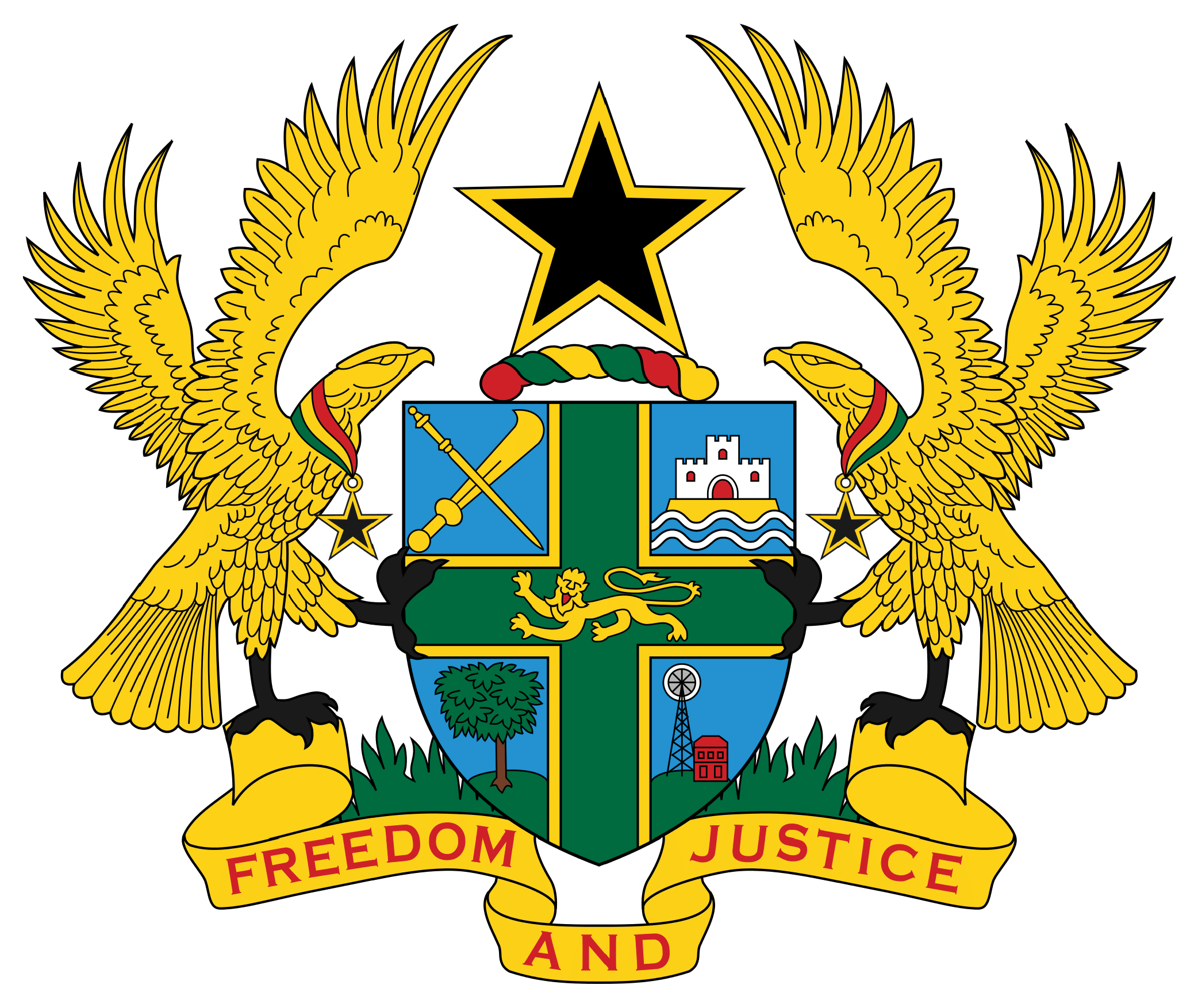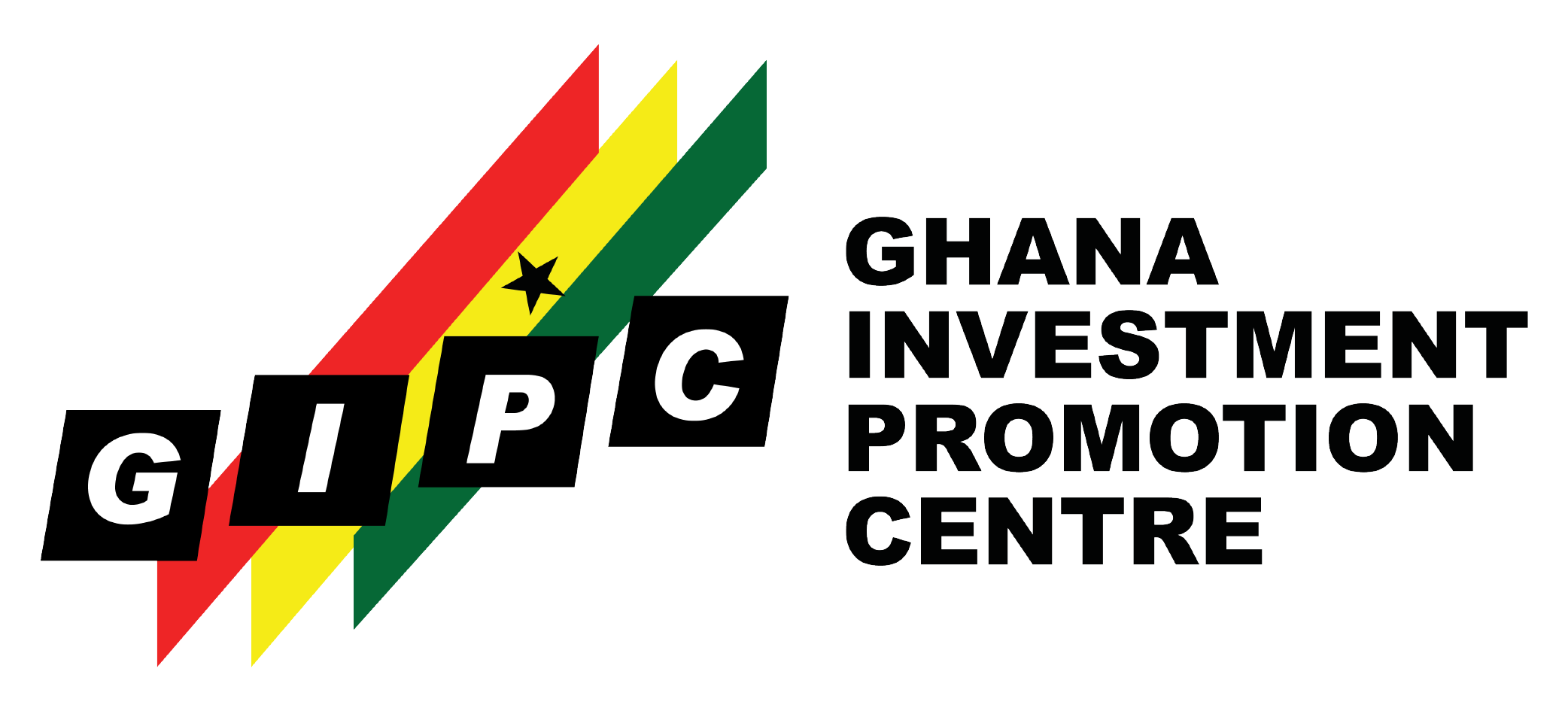Investing in Ghana (Part 1):
Key economic & human indicators.
Ghana at a glance
Ghana, endowed with significant natural resources and a population of over 32 million people, offers exceptional development and investment opportunities which makes investing in Ghana very lucrative. This ranks Ghana as the 2nd largest country in West Africa by population. Only Nigeria has a larger population than Ghana.
The West African country is strategically positioned as a key economy in the West African sub-region, offering the opportunity to access a market size of close to 400 million people in the region.
According to a recent IMF report, Ghana’s economy is projected to remain relatively strong over the medium term, supported by higher prices for key exports and strong domestic demand.
Growth is projected to reach 5.5% in 2022 and average 5.3% over 2022. Growth is expected to be broad-based, led by agriculture and services, and a relatively stronger industry sector.
This growth is certainly above the African average and can be attributed to the extensive national reconstruction programmes to which the government has been committed in recent years.
Accompanied by deep structural reforms across all sectors, the aim is to diversify the economy and set the country on a course to becoming a relatively stable middle income economy.
Deciding on where to invest could be a tricky yet important step in achieving growth and diversifying portfolios. Africa is home to an impressive 55 countries with a combined population of over 1.2 billion people.
Ghana Invest, a private diaspora-led organization based out in Paris, France, is dedicated to providing you with the perfect deal flow and facilitations in doing business and investing in Ghana.
Facts & Figures


Economic Indicators
After years of comparatively competent management, a vibrant business climate, and steady declines in poverty, Ghana’s economy has suffered in recent years as a result of lax fiscal policy, large budget and current account deficits, and a weakening cedi.
Ghana is wealthy in natural resources and, in comparison to other countries in the region, has a market-based economy with few regulatory barriers to trade and investment.

Dealing with post-pandemic crisis amidst global uncertainties.
Ghana’s economic growth has considerably slowed down due to the COVID-19 pandemic and now, the Russia-Ukraine crisis. Growth is yet to get back to pre-pandemic levels.
According to the latest Regional Economic Outlook Report on Sub-Saharan Africa released by the International Monetary Fund, Ghana’s economic growth is projected to reach 5.2% in 2022 and drop to 5.1% in 2023.
Compared to a 10% depreciation in 2019, the Ghana cedi fell by 3.1% in 2020. According to the 2019 Financial Sustainability Analysis of the International Monetary Fund, Ghana continues to be at a high risk of debt distress due to solvency and liquidity vulnerabilities.
It’s always better to put these numbers into proper perspective, looking at global economic happenings as well as regional economic outlooks in Sub-Saharan Africa.
The Russia-Ukraine war has caused a global economic shock, hitting economies at a time when countries’ policy space to respond is somehow limited due to the consequences of the COVID-19 pandemic.
Ghana’s public debt stock expressed as a percentage of GDP now stands at 76.6 percent of GDP at the end of 2021.
Seeking IMF Support.
Risks associated with debt and the budget are anticipated to limit Ghana’s capacity to increase economic growth to levels prior to the crisis.
On July 1, 2022, the Government of Ghana announced and indicated its readiness to engage the International Monetary Fund, just a little over 3 years after exiting a similar program, in an attempt to resolve the current fiscal imbalances, build credibility, and provide stability for the short to medium term.
According to the statement released by the government, “the engagement with the IMF will seek to provide balance of payment support as a part of a broader effort to quicken Ghana’s build back in the face of challenges induced by the COVID-19 pandemic and, recently, the Russia-Ukraine crisis.”
In the coming weeks and months, the fund will engage the government of Ghana to settle on a program that’s suitable to help deal with the current economic imbalances and to propel a sustainable growth recovery.
To be continued…
About Ghana Invest
Ghana Invest is a private diaspora-led organization dedicated to the promotion of Ghanaian trade, industry and investment abroad.
We are facilitating sustainable flow of growth capital & businesses to Ghana.
Connect with us to today to gain unparalleled access to viable opportunities across multiple sectors.



